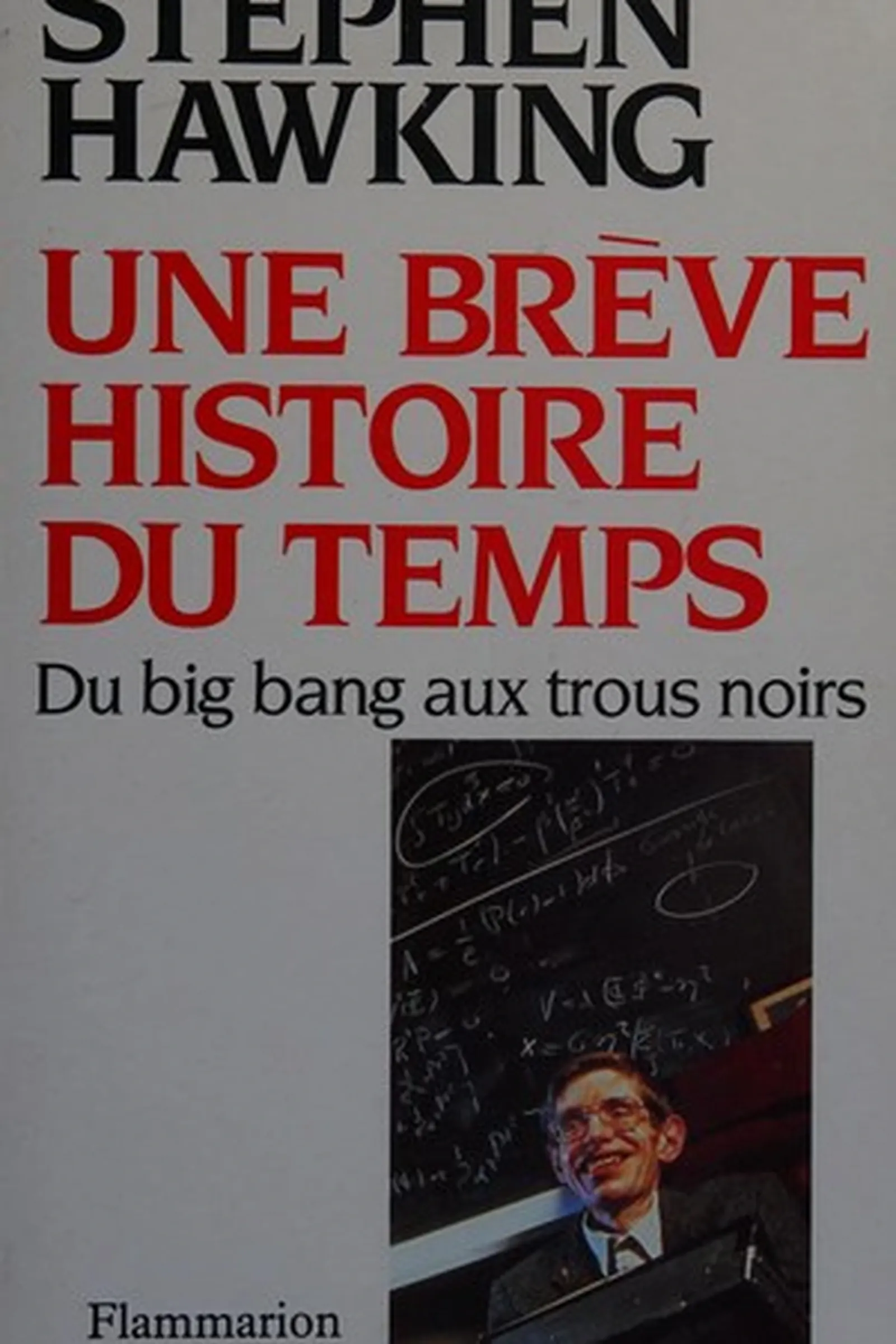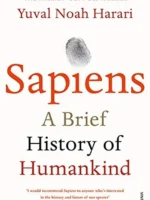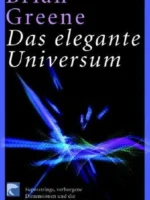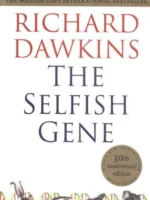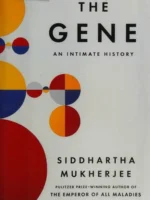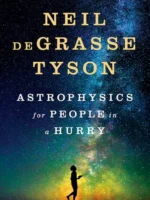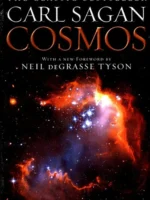A Brief History of Time, Stephen Hawking, 1988
- Author: Stephen Hawking
- Genre: Science
- Publisher: Bantam Books
- Publication Year: 1988
- Pages: 212
- Format: Paperback
- Language: English
- ISBN: 978-0553380163
- Rating: 4,2 ★★★★☆
A Brief History of Time Review
About
Published in 1988, Stephen Hawking’s A Brief History of Time became a global phenomenon by translating the universe’s deepest mysteries into human language. It’s a rare mix of intellect and accessibility—a book about cosmology that captures imagination rather than intimidating it. Hawking’s charm lies in his humility; he writes as a scientist seeking understanding, not final truth. It’s as much about our hunger to know as it is about black holes or time itself.
Overview
Hawking introduces readers to the fundamental questions of physics: the origins of the universe, the nature of time, and the possibility of a “theory of everything.” He explains complex ideas—relativity, quantum mechanics, the Big Bang, and black holes—with clarity and wit, often through vivid analogies. The book walks the delicate line between science and philosophy, suggesting that the ultimate quest of physics is to understand not only how the universe works, but why there is something rather than nothing.
Summary
(light spoilers) The narrative traces humanity’s evolving understanding of the cosmos—from Aristotle’s static spheres to Einstein’s curved spacetime. Hawking discusses singularities, quantum uncertainty, and the concept of imaginary time, proposing that the universe may have no boundaries in a physical sense. Black holes become the stars of the story—cosmic paradoxes where gravity crushes matter and information seems to vanish. Yet, Hawking’s revolutionary theory of Hawking radiation reframes them as slowly evaporating entities. By the final chapter, the focus shifts from equations to wonder: science, he says, may bring us closer to “the mind of God.”
Key Themes / Main Ideas
• The search for unity — reconciling relativity and quantum theory.
• Time as illusion — boundaries of beginning and end questioned.
• Human curiosity — science as a form of storytelling.
• The unknowable — embracing mystery as part of discovery.
• Knowledge and humility — progress without arrogance.
Strengths and Weaknesses
• Strengths — Elegant explanations of profound concepts; inspires awe rather than fear of complexity.
• Strengths — Balances intellect with wonder, a rare gift in science writing.
• Weaknesses — Some theories now dated by newer research.
• Weaknesses — Abstract ideas (imaginary time, multidimensions) may elude casual readers.
Reviewed with focus on themes, audience, and takeaways — Stephen Hawking
| pa_author | Stephen Hawking |
|---|---|
| ISBN | 978-8-930-70907-2 |
| pa_year | 1962 |
| Pages | 151 |
| Language | English |

